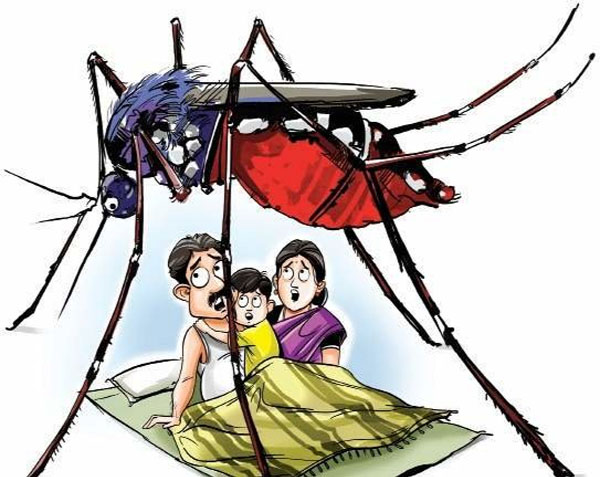NEW DELHI, July 16
The deaths of 3 tribal students and 5 Baiga tribals due to malaria and diarrhoeal diseases over the past 10 days have sparked a heated political debate about the healthcare system in Chhattisgarh.
Amid allegations and counter-allegations from the government and the opposition, Chhattisgarh Health Minister Shyam Bihari Jayaswal has attributed the surge in malaria cases and fatalities to the previous Congress administration. Jayaswal claimed that during the BJP’s tenure until 2018, the incidence of malaria was 11 cases per 1,000 people, which rose to 35 cases per 1,000 people by 2023 under the Congress rule.
Highlighting the BJP’s historical efforts in malaria eradication, Jayaswal pledged to achieve a malaria-free Bastar within the next 5 years. During his visit to Bijapur, he announced plans for a new district hospital facility, featuring 10 ICU beds and 2 dialysis machines, aimed at bolstering healthcare infrastructure. Senior Congress leader and former Chief Minister Bhupesh Baghel, in response, criticised the current BJP government, labelling the recent deaths of tribal students in the Bijapur district as failures of the state government. The Congress party has formed a committee comprising 9 women leaders to investigate the fatalities in Bijapur. The committee plans to conduct a thorough assessment of the affected village and submit its findings promptly. Meanwhile, a government report released on Monday indicated a significant decline in malaria cases across Chhattisgarh, citing a reduction from 2.63% in 2018 to 0.99% in 2023. In the Bastar division, the prevalence rate dropped from 16.49% to 7.78%, credited to the Malaria Elimination Campaign. This initiative distributed insecticide-treated nets to 16.97 lakh households across 22 districts between 2020 and 2023.
The recent deaths of tribal students and Baiga tribals due to malaria and diarrhoea have prompted a public outcry in the state. It also underscores the urgent need for robust healthcare infrastructure and sustained efforts to combat vector-borne diseases in vulnerable communities.



























